ord-of-mouth (WOM) is a supernova communication tool, with companies often using traditional techniques such as referral and seeding programs to buy customer traction with WOM incentives.
Google pays business customers $15 every time they refer a new account. Other companies send targeted customers, or “seeds,” free products and pay them to write reviews and share information about the item, often through social media to attract more customers.
Yet there can be a downside to giving perks. Even though refer-a-friend incentive programs are popular, they may not work well because individuals might worry about compromising personal friendships. In addition, companies that pay for reviews are perceived as less sincere.
But according to Assistant Professor of Marketing Monika Lisjak, whose paper, “EXPRESS: How Marketing Perks Influence Word of Mouth,” was published in the Journal of Marketing, there’s a way to leverage WOM to motivate consumers to participate so that it doesn’t backfire.
Lisjak and her research colleagues examined common perks such as gifts, benefits, and rewards, using multiple experiments to better understand how to foster positive WOM without using explicit incentives.
They learned the key to getting customers to engage in a specific behavior is in the framing of the incentive. In other words, companies don’t have to change what they offer to generate effective WOM, only how the perk is interpreted by customers.
The researchers found that typical perks such as freebies can be tailored to improve WOM perception. Consider Starbucks, which offers a free drink to customers on their birthday. “But if you come in the day before or after your birthday, the freebie isn’t available. It’s not exactly what friends do,” says Lisjak.
On the other hand, Sephora allows its beauty customers to redeem their birthday incentive any time during their birthday month. “If the gift is less contractual, customers are more motivated by the perceived value and sign of appreciation, which makes them more likely to share WOM,” says Lisjak. “The more you make the reward structured and controlled, the less consumers feel appreciated and special.”
Yet the research doesn’t reveal a one-size-fits-all approach to WOM. Lisjak says one interesting result from the study demonstrated that perks with a low contractuality also have the potential to combust, particularly when it comes from a company with a poor reputation.
“We find that when you dislike a company and don’t trust them, and they give you something with no strings attached, you’re so suspicious you tend to overthink the situation and are less likely to share WOM,” she says. “It’s not perceived as an act of caring and you are more reluctant to participate in WOM.”
Rather, it would be more advantageous for distrusted companies, such as those in direct selling industries or others that customers are wary of, to provide rewards with high contractuality. “Customers are going to do what you want them to do, plus they will be less suspicious.”
And in certain situations, perks with low contractuality are simply less effective than perks with high contractuality, especially if the intent of the incentive is to request direct action.
“Our objective isn’t to say all companies should give gifts without strings attached. Instead, you need to think about what your goals are as a company,” explains Lisjak.
“If your goals are to foster WOM, then showing acts of kindness is perhaps the best route. If you want customers to engage in a specific behavior, then incentives are better suited. It’s more important for companies to have a portfolio of rewards and, depending on the goal, to use different gifts.”
— Sally J. Clasen